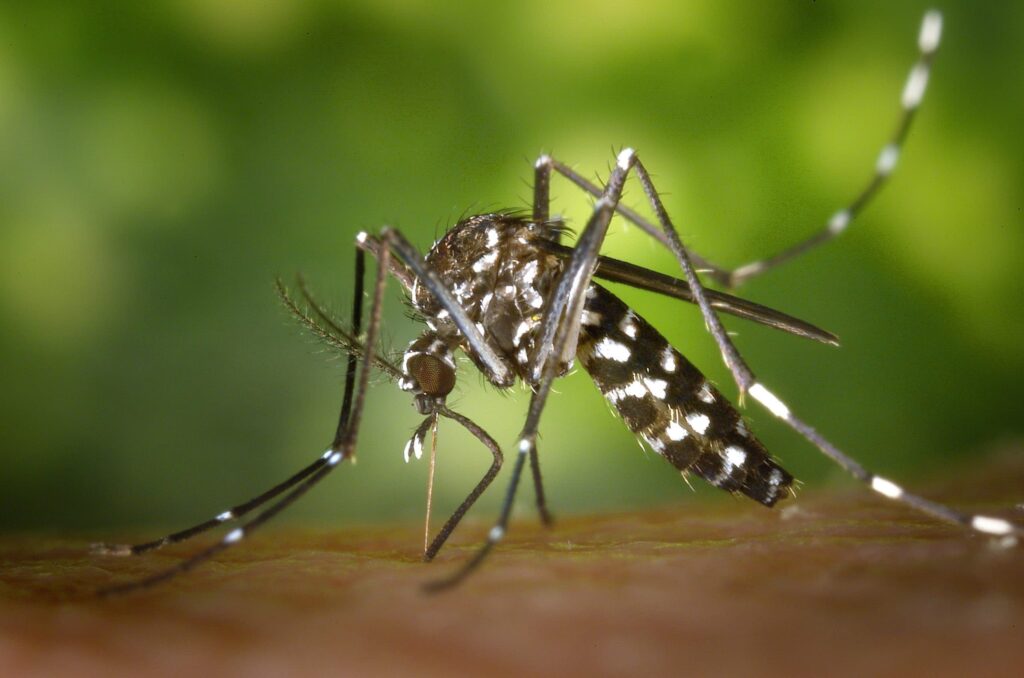The Public Health Services of the Algarve Regional Health Administration are participating in a research project related to Vector-Transmitted Diseases that aims to test the Sterile Insect (SIT) technology applied to the control of invasive mosquito species.
The project, with an expected duration of two years (2022-2023), is called Integration of the Sterile Insect Technique in the control of the invasive mosquito vector. Aedes albopictus in Portugal and is conducted by researchers from the Instituto Nacional de Saúde Doutor Ricardo Jorge (INSA).
Mosquitoes represent a threat to public health as they are potential vectors of pathogens that can cause diseases that vary in their degree of severity, and may even result in death.
the species Aedes albopictus, also known as the Asian tiger mosquito, is considered the main invasive species globally and is capable of transmitting viruses such as dengue, Japanese encephalitis, Zika, yellow fever or chikungunya.
This invasive mosquito species was introduced in Europe and is established in several regions, with outbreaks of dengue, Zika and chikungunya having been reported in the last 15 years.
In Portugal, this mosquito was first detected in 2017 as a result of two independent introductions, in the North and South of the country (Algarve region).
The SIT Technique, applied to invasive mosquitoes and disease vectors, is seen as a component of a program for the integrated management of disease vector mosquitoes and is recommended by the World Health Organization (WHO) to reduce the population of these mosquitoes and prevent appearance of diseases.
The SIT technique consists of releasing non-biting beneficial mosquitoes (sterile males) that, when mating with female mosquitoes in a given region, make the new generations unfeasible, thus suppressing the insect population.
The SIT Project provides for the execution of Field Trials, called Mark-Release-Recapture – MRR – (Mark-Release-Recapture) which consist of color marking beneficial mosquitoes (not sterile stingers) and the release of these marked mosquitoes in the parish of Montenegro, in Faro.
During the month of October and November, several researchers and professionals from the Public Health Services of the ARS Algarve will monitor the released sterile male mosquitoes using traps and aspiration techniques to validate an ecological mosquito control technique.
This project takes place within the scope of NATIONAL VECTOR SURVEILLANCE NETWORK (REVIVE), coordinated by INSA and in conjunction with the Directorate General for Health (DGS) and Regional Health Administrations (ARS), in which ARS Algarve has participated since 2006.
It is financed by the International Atomic Energy Agency (IAEA) and its target region is the Algarve, municipality of Faro, where the invading mosquito Aedes albopictus was detected in 2017 and is currently established.


















Comments